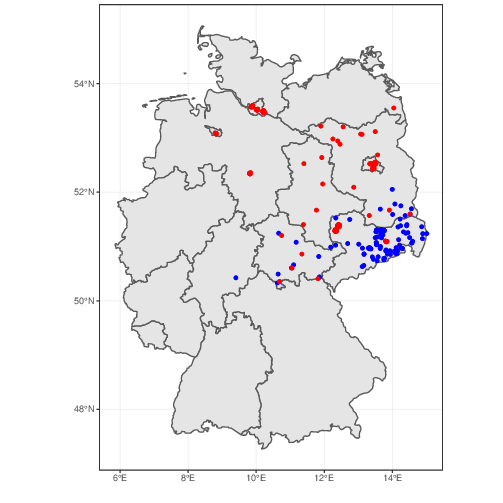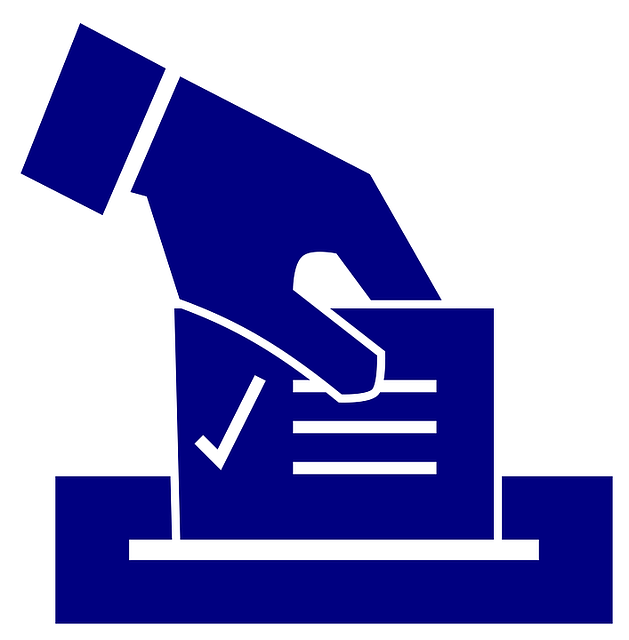Regionalvertretungswechsel von links nach rechts? Die Wahl von AfD und Linkspartei in Ost-West-Perspektive (Bundestagswahl 2017)
Einleitung und Fragestellung Nach der Bundestagswahl 2017 machte der Tagesspiegel einen neuen “Trend zum Regionalen” aus.1 Die Zeit identifizierte die Linke, “einstige Volkspartei der Ostdeutschen”, als Mitschuldige für den Aufstieg der AfD in den neuen Ländern,2 und die Huffington Post verzeichnet lapidar, dass “Rechtsextreme vielen Ostdeutschen ein neues Wir-Gefühl verschafft haben” und die AfD “zu…



